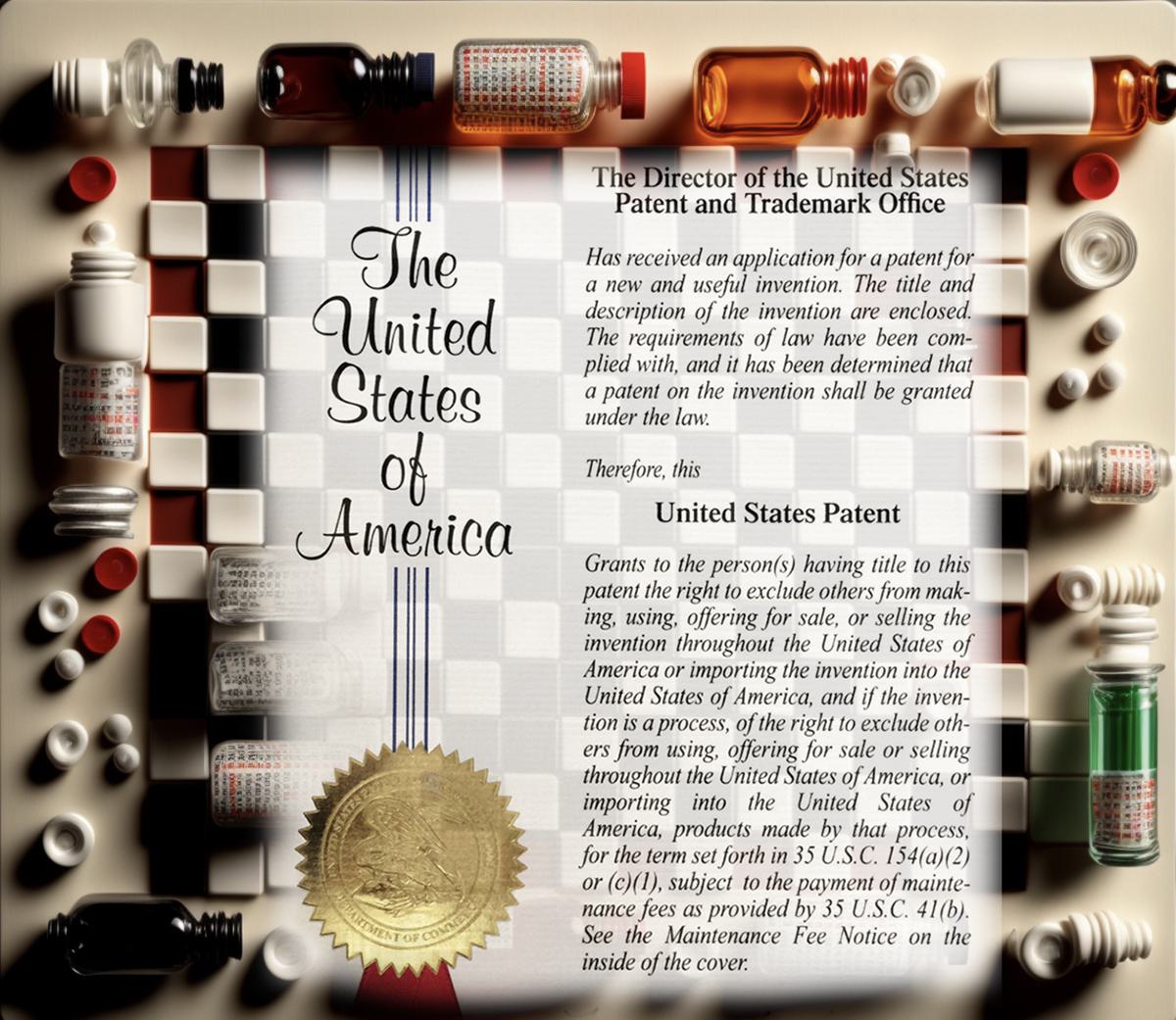How Drug Companies Game The Patent System
For years I've heard that "drug companies extend patents" to keep on charging exorbitant prices for drugs after a patent runs out.

It makes no sense. The life of a patent is 20 years from filing date. It can't be extended. Yesterday, the NY Times ran a piece on how AbbieVie, makers of a rheumatoid arthritis drug, "Made $114 Billion by Gaming the U.S. Patent System."
The article didn't answer the how directly. It was more concerned about the costs to US taxpayers and to the people who need the drugs. But it did provide enough information to finally figure out BigPharma's patent extension magic.
Before a valuable drug patent expires, a company like AbbieVie files multiple patents on improvements (generally useless) on that drug and then uses those patented "improvements" as a basis for suing people copying the off-patent "unimproved" drug. The insignificant difference between the off-patent drug and "improved" drug can be made both confusing and seemingly useful by BigPharma lawyers, enough so, that their grounds for suing someone making the off-patent generic look legitimate. It might be something as simple as adding an extra 5% of a binding agent to a pill.
The lawsuits and threats of lawsuits are the thing.
When you're making billions a year in extra profit, spending even $100 million a year on litigation to protect that profit is an easy yes. In reality, it probably costs them far, far less.
Drug patents are complicated and hard to understand. And patent litigation is uncertain. You can lose when you're in the right - especially when the other side has limitless cash to spend on expert witnesses and the best lawyers money can buy.
When a company like AbbieVie with its unlimited resources sues you for multiple patents, you could easily spend $50 million defending yourself, even if you win. And that could take five years or more. At the same time, if you lose, you could be bankrupted. That's a strong inventive for entrepreneurs interested in making generic drugs to pursue other opportunities. BigPharma scares them away.
Meanwhile, if you're an AbbieVie competitor and Abbie vie offers you money today and future opportunities to earn extra profit by not entering the market, it's a smart business move to take the deal. Everyone wins. Except for US taxpayers and the people who need the drugs, of course.
What is that opportunity for extra profit? It's to license the "improved" drug, pay them a royalty and be protected by their legal protection racket.
The reform needed is a lower cost way for entrepreneurs to defend themselves against bad faith lawsuits. The PTAB (Patent Trial and Appeal Board) can be helpful here by providing a way for entrepreneurs to invalidate bogus patents at lower-than-full-trial cost. But that doesn't prevent entrepreneurs making off patent medicines from being sued unjustly. And then there's the problem of corporations using the PTAB as an offensive tool to invalidate legitimate patents of independent inventors.
The solution is hard. But at least now I understand the problem (I think).
share this article: facebook